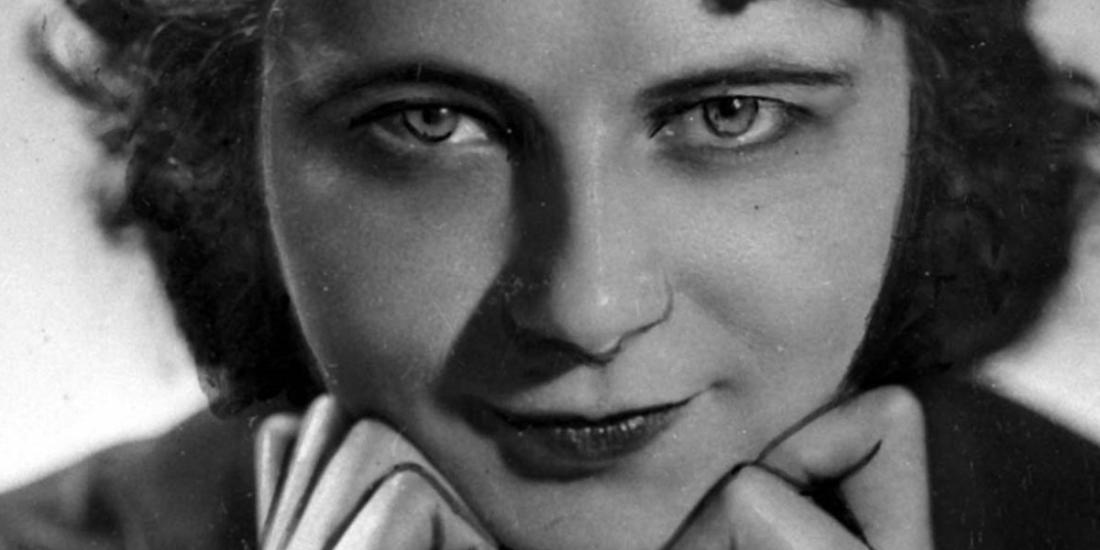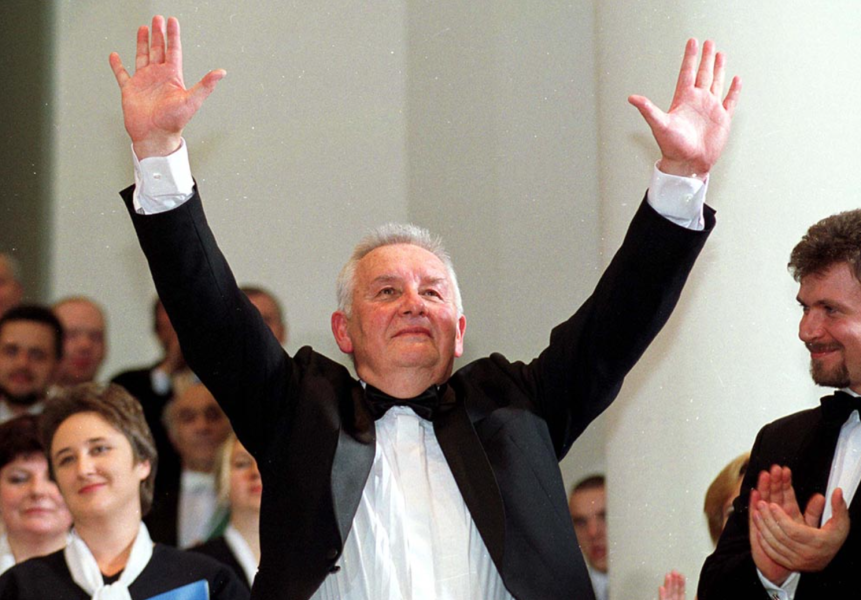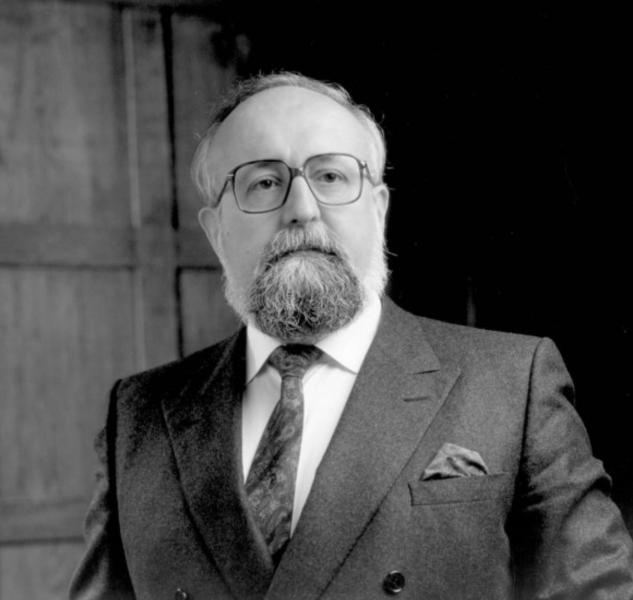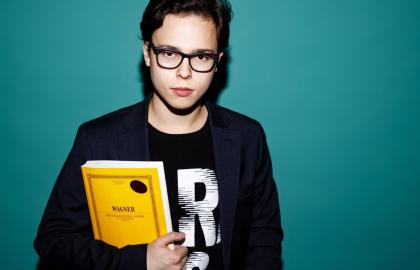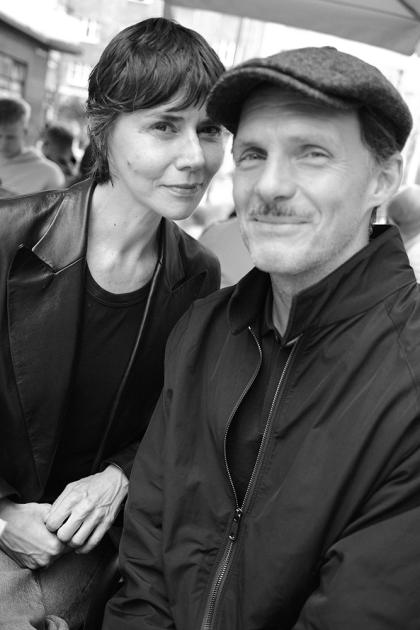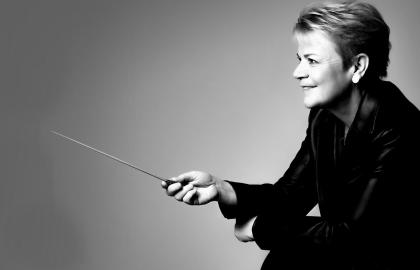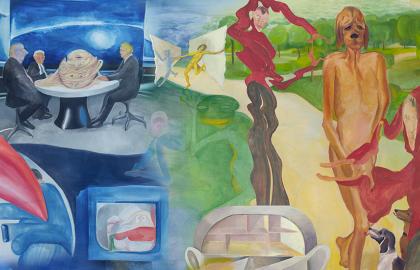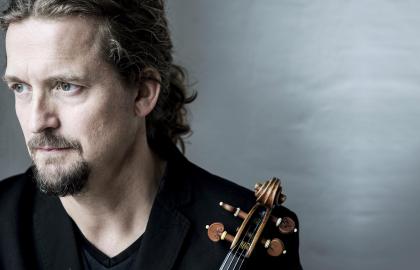- Karol Szymanowski: the role model after Chopin
33 years after the death of Frédéric Chopin, Karol Szymanowski (1882-1937) came into the world in an art-loving, aristocratic family where he was taught music from an early age. In his young career, he followed a neo-Romantic course and promoted new music by compatriots in the group ‘Young Poles’. Strauss, Wagner and Chopin influenced his first compositions. Jan Lisiecki (11 May) plays some of Szymanowski's stunning Préludes for piano from the first opus number.
Having travelled through Europe and North Africa, it was mainly the impressionists Ravel and Debussy - with their penchant for exotica - who had an influence on Szymanowski. The 1915 Myths for violin and piano are the ultimate proof of this and are on the programme of Patricia Kopatchinskaja and Fazil Say (21 March). When Poland regained its independence after the end of World War I and Szymanowski became director of the National Conservatory, young composers saw him as their spiritual leader and his music as the rebirth of a national style. Szymanowski nevertheless travelled often and incorporated foreign impressions into his music. He described his First Violin Concerto, soon to be performed by Antwerp Symphony Orchestra (11 January) as ‘a new, different music’ by exploring timbres and breaking free from imposed structures.
In the search for a personal (Polish) style with universal dignity, Szymanowski sought refuge in the folk music of the Tatra mountains. In the incomparable Stabat Mater - on 25 March with Polish National Symphony Orchestra - the composer creates a Polish atmosphere by mixing archaic elements with folk music, but following modern harmonic and tonal procedures. In the Second Violin Concerto - on 8 January with Sinfonia Varsovia - modality and the long notes in the basses make the link with folk music. Then, in the Fourth Symphony (also 25 March), he incorporates two national dances: the oberek and the mazurka.
Grażyna Bacewicz: more than a violinist
Countless Polish streets and schools bear her name: Grażyna Bacewicz (1909-1969). The name might ring a bell here in Belgium too, as the Queen Elisabeth Competition awarded the last of her seven violin concertos. She broke through as a violinist, but after a car accident threw herself entirely into composing adventurous music, in which the violin was often given an important role. Compared to Szymanowski, Bacewicz experienced another transformation of Poland: in 1939, Hitler occupied Poland. She wrote her Overture for Orchestra (8 January with Sinfonia Varsovia) during World War II but it did not receive its premiere until 1945.
- Henryk Mikolaj Górecki: the popular introvert
The Third Symphony, also known as Symphony of Lamentations (8 January with Sinfonia Varsovia) by Henryk Mikolaj Górecki (1933-2010), commemorating the Nazi bombing of Danzig, is indicative of the transition between Górecki's earlier dissonant style and his later style characterised by repetition, simplicity, modality and an archaic soundscape. It was met with international criticism at the time. Of the work, Górecki said, ‘My Third Symphony is tragic, but not in the sense of a tragedy. I just wanted to express a great sorrow. A suffering that burns inside me and I cannot shake off.’
The music teacher and avant-gardist experienced the next turning point in Polish history: from Soviet state to independent republic after the fall of the Iron Curtain in 1989. Partly because of this new context, he did not break through to the general public until 1992, even though he had already won international prizes in the 1960s. Thirty years later, the recording of the Third Symphony even entered the British charts. The soundtrack to a new world marked by its past.
- Krzysztof Penderecki: paving the way for the future
You may recognise the music of Krzysztof Penderecki, who died in 2020, from the films of Martin Scorsese, Stanley Kubrick and David Lynch. Or maybe you have been fond of his 1984 Polish Requiem, a grandly conceived mass to which Penderecki added parts in subsequent years. One of these is the Chaconne (25 March with Polish National Radio Symphony Orchestra), which was written in memory of Polish Pope John Paul II and was not given a place in the requiem until 2005. Penderecki was a dedicated music teacher at the Academy of Kraków and Yale School of Music. We wonder which (Polish) composers will fill his shoes and our concert hall in the coming decades ...
The concerts of Focus on Poland:
- Sinfonia Varsovia, co-organized by the Adam Mickiewicz Institute. Co-financed by the Ministry of Culture and National Heritage, Poland.
- Polish National Symphony Orchestra, co-organized by the Adam Mickiewicz Institute as part of the international cultural program of the Polish Presidency of the Council of the European Union 2025.
- Orchestre Philharmonique du Luxembourg & Peltokoski
Other concerts with Polish music:
